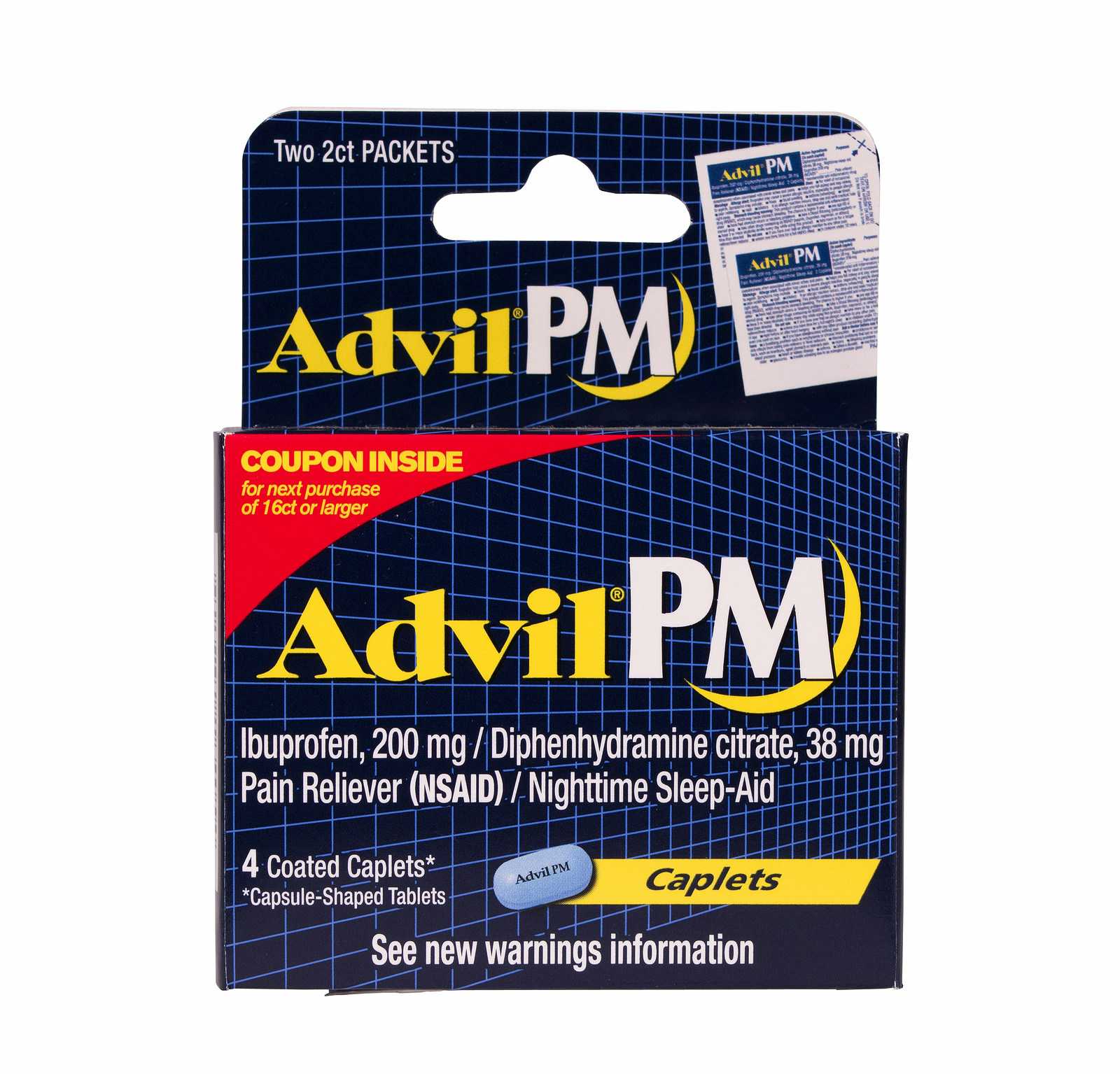
We are not big fans of “PM” Pain meds. We’re talking about products such as Advil PM, Aleve PM, Excedrin PM, Motrin PM, Tylenol PM or Unisom PM. We suspect that a lot of people see a familiar brand and the words “Sleep-Aid” and figure that this would be a good, inexpensive way to get a good night’s sleep. What they might not appreciate is that the antihistamine diphenhydramine (DPH), although approved by the FDA, is somewhat controversial when used regularly.
Pain That Leads to Insomnia:
Q. Two months ago, I suffered a pelvic fracture when a big dog knocked me over. I am making progress but sleeping is a problem. The pain wakes me up and then I can’t get back to sleep.
I am afraid to take PM pain relievers because I have read in your column that they might increase the risk for dementia. What else do you have to offer?
A. The PM pain relievers that you mention contain the sedating antihistamine diphenhydramine (DPH). This is the same ingredient found in Benadryl that is used to treat allergy symptoms.
We discourage the regular use of DPH for insomnia because the long-term benefits have not been established. A review of sleep medicines in older adults concludes that (Clinical Therapeutics, Nov. 1, 2016):
“Diphenhydramine should be avoided in the elderly.”
The authors go on to add:
“Common adverse effects of diphenhydramine are dry mouth, blurred vision, urinary retention, constipation, orthostatic hypotension, and tachycardia. Adverse effects are dose dependent and increase in occurrence with higher doses of diphenhydramine. It is not just anticholinergic side effects that are of concern, however; cognitive effects of diphenhydramine, especially in older adults, play a role in appropriateness of use. Grogginess, drowsiness, confusion, and memory loss have been well described with use of diphenhydramine. Community-dwelling older adults were shown to have reduced alertness, diminished memory task performance, and impaired episodic memory with diphenhydramine.”
You can read more about the “anticholinergic” problems with PM pain meds at this link.
Can PM Sleeping Pills Cause Memory Problems?
Millions of people take PM sleeping pills. These are promoted as nighttime pain relievers. How does the antihistamine diphenhydramine impact the brain?
Could PM Pain Meds Be Helpful Short Term?
Despite the cautions above, taking PM pain meds temporarily to both ease your discomfort and assist with sleep should not increase your risk for dementia.
If you would still like to avoid diphenhydramine, you can find many other options such as valerian, passionflower, ashwagandha or hops in our eGuide to Getting a Good Night’s Sleep. You will find this electronic resource in the Health eGuides tab at www.PeoplesPharmacy.com.
Please share your own experience with PM pain meds in the comment section below. Have they worked well for you or did you experience side effects?

